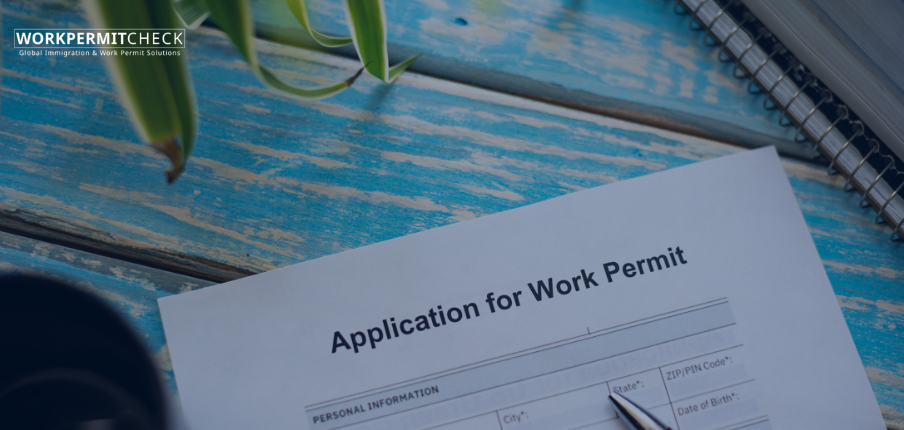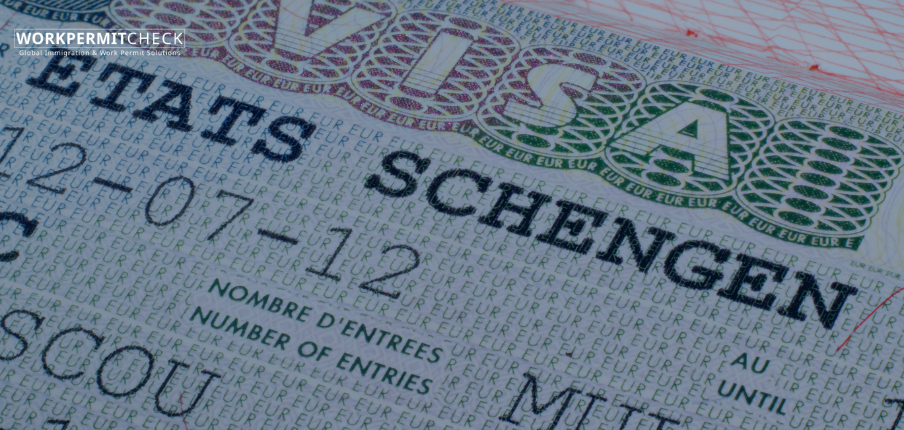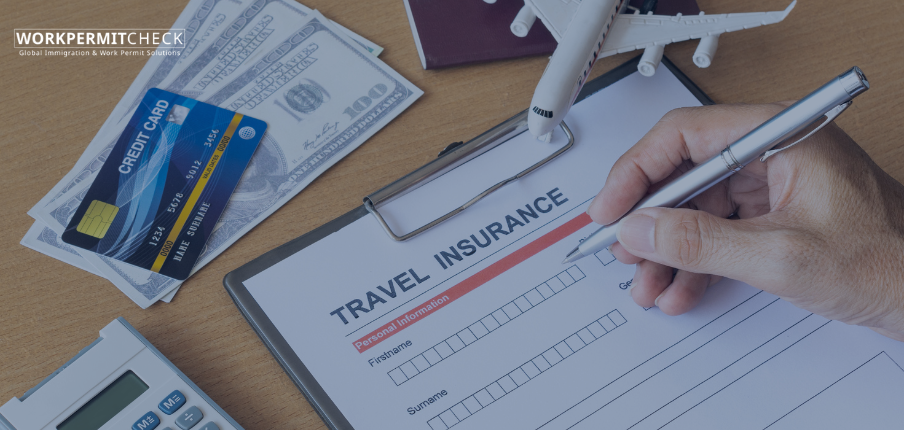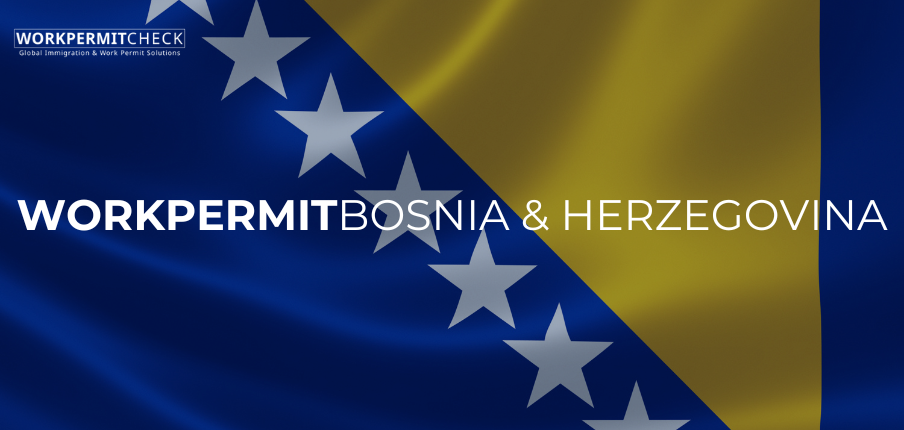Germany is one of the most sought-after destinations for skilled professionals due to its strong economy, high standard of living, and abundance of job opportunities. If you're a non-EU/EEA or Swiss national and wish to work in Germany, you will likely need a work permit. This guide outlines the types of work permits available, eligibility criteria, required documents, and step-by-step application process.
Types of Work Permits in Germany
Germany offers several types of residence titles that include the right to work:
1. EU Blue Card
A residence permit for highly qualified non-EU professionals, especially in fields with skill shortages such as IT, engineering, and medicine.
2. General Employment Visa
For non-EU citizens who have a concrete job offer in Germany but do not meet the Blue Card criteria.
3. Job Seeker Visa
Allows qualified professionals to enter Germany for up to six months to look for a job. Once employment is secured, applicants can switch to a work permit.
4. ICT Card (Intra-Corporate Transfer)
For employees of multinational companies being transferred to a German branch.
5. Freelance or Self-Employment Visa
For entrepreneurs or self-employed professionals such as artists, IT specialists, or consultants.
Eligibility Criteria
To qualify for a work permit in Germany, applicants generally need to meet the following:
-
A valid job offer from a German employer.
-
Recognition of qualifications, especially for regulated professions.
-
Adequate salary, typically meeting the minimum required threshold.
-
Approval from the Federal Employment Agency (BA), depending on the job type and applicant's nationality.
For the EU Blue Card in 2025, the minimum gross annual salary is generally around €43,800 (or €39,682 for shortage occupations).
Required Documents
While specific requirements can vary by permit type, the following are commonly required:
-
Valid passport
-
Completed application form
-
Recent biometric photographs
-
Job offer or employment contract
-
Proof of qualifications (degree, diplomas)
-
Curriculum vitae (CV)
-
Proof of accommodation in Germany
-
Proof of health insurance
-
Cover letter (optional but recommended)
If you're applying from outside Germany, documents must be submitted to the German embassy or consulate in your home country.
Step-by-Step Application Process
Step 1: Secure a Job Offer
Start by finding a job in Germany. Ensure the offer meets the criteria for the type of work permit you are applying for.
Step 2: Get Qualifications Recognized
Your educational qualifications may need to be officially recognized in Germany. Use the ANABIN database or apply through the Central Office for Foreign Education (ZAB).
Step 3: Apply for a Work Visa
If you are outside Germany, apply for a national visa (Type D) at your local German embassy or consulate.
Step 4: Enter Germany
Once your visa is approved, you can enter Germany to begin work.
Step 5: Register Your Address
Within 14 days of arrival, register your residence at the local Einwohnermeldeamt (residents’ registration office).
Step 6: Apply for a Residence Permit
Make an appointment at the local Ausländerbehörde (foreigners' authority) to convert your visa into a residence permit allowing employment.
Processing Time
The processing time for a work visa can vary depending on your nationality and the specific case, but it generally takes between 4 to 12 weeks.
Validity and Renewal
-
Work permits are usually granted for the duration of the employment contract, up to four years.
-
Extensions are possible if you continue to meet the eligibility criteria.
Permanent Residency
After 33 months on an EU Blue Card (or 21 months with sufficient German language proficiency), you may be eligible for a permanent settlement permit.
Final Notes
-
Language Skills: While not always mandatory, German language skills can greatly improve your chances of employment and integration.
-
Job Portals: Consider using platforms like Make it in Germany, EURES, and the Federal Employment Agency's Jobbörse.
Disclaimer: This article is for informational purposes only. Requirements may vary by individual case. Always consult official government sources or immigration experts before applying.
May 29, 2025


















































































































































































































































































































